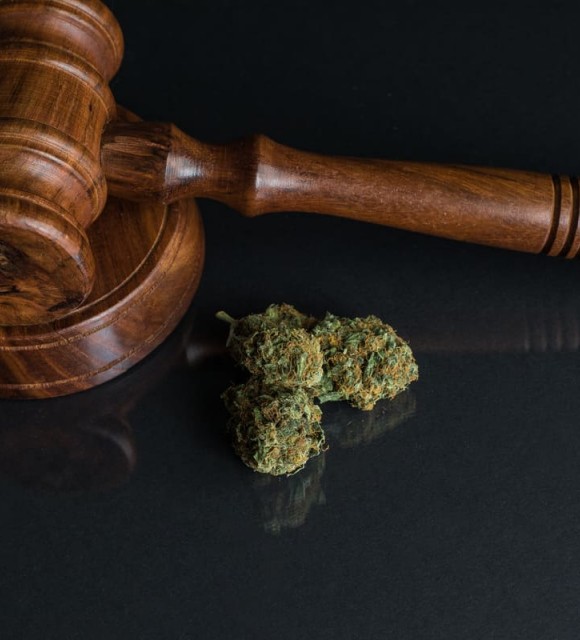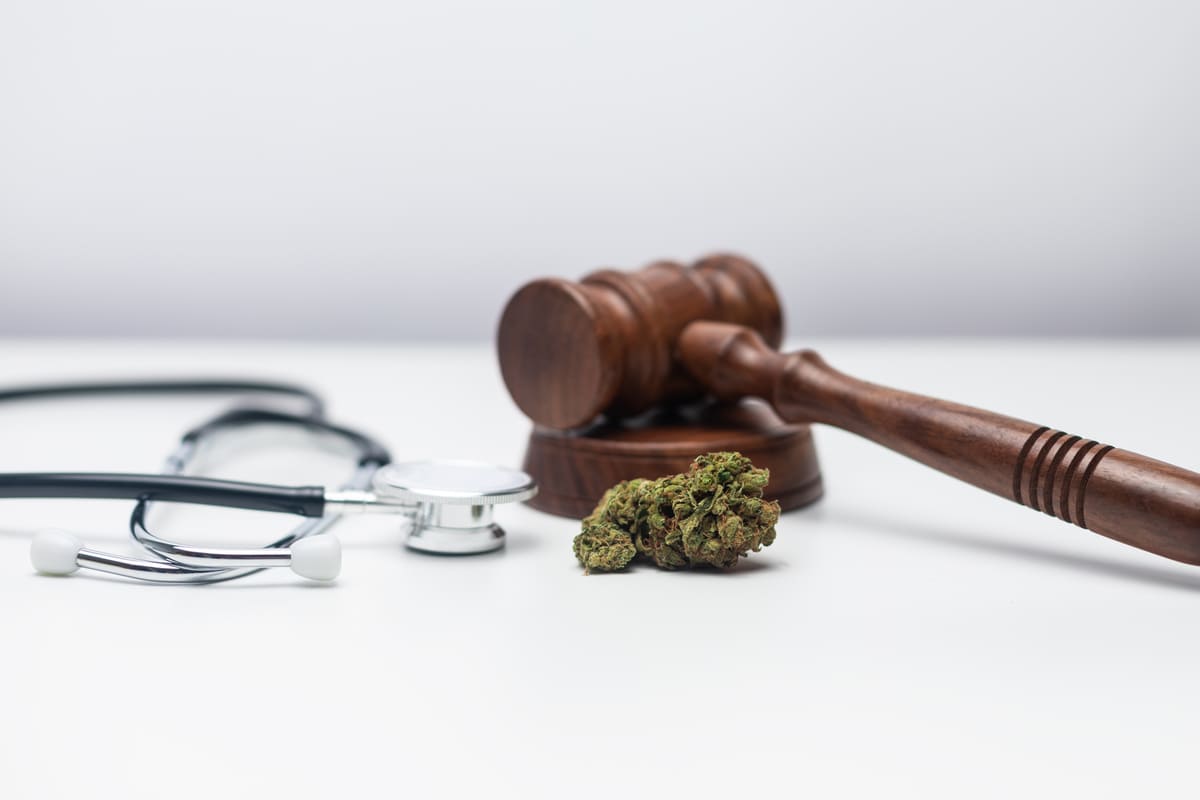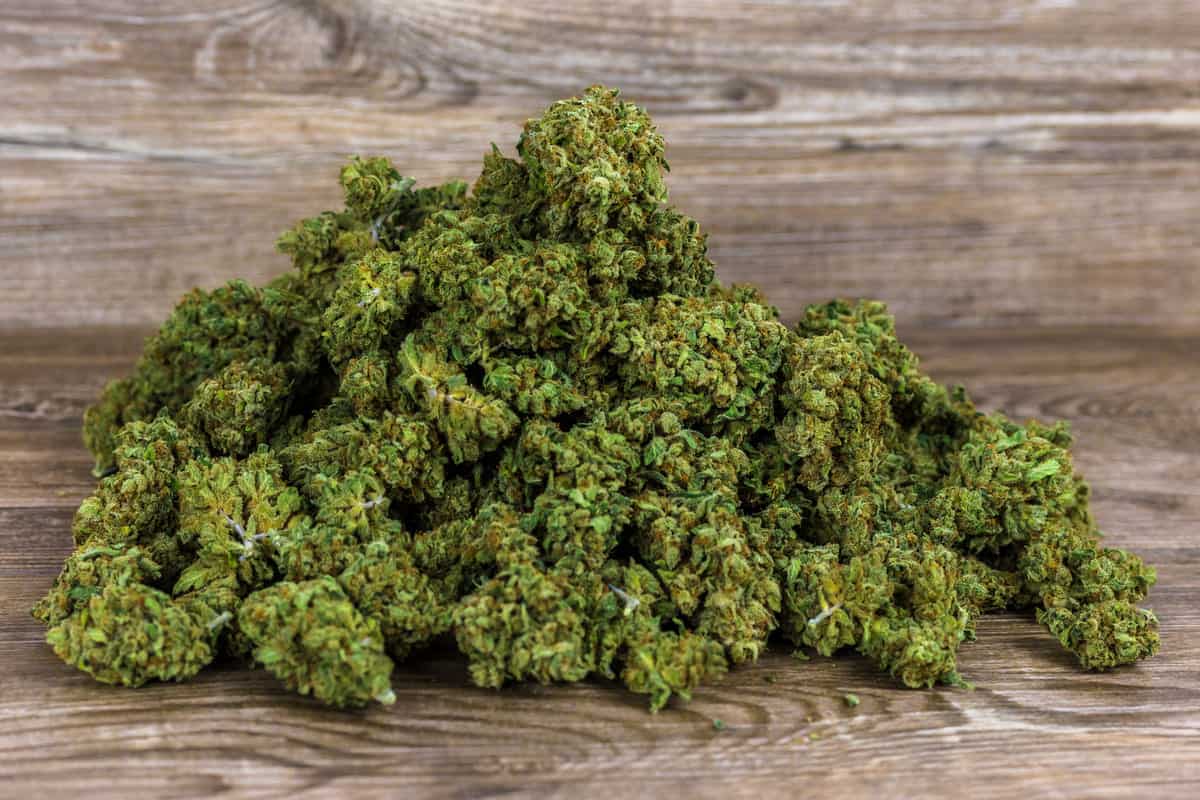CBD's notoriety continues to grow worldwide. Since 2011, the CBD has been driving strong demand from French consumers. While some are no longer hiding from it, others remain very discreet because of the uncertainty surrounding the legislation.
In the United States and some European Union countries, CBD legislation is less rigid compared to that of France. The question that one is entitled to ask is this: Is CBD illegal in France? We have to recognize that there are a lot of things that are being said about this. We help you see more clearly through this article.





